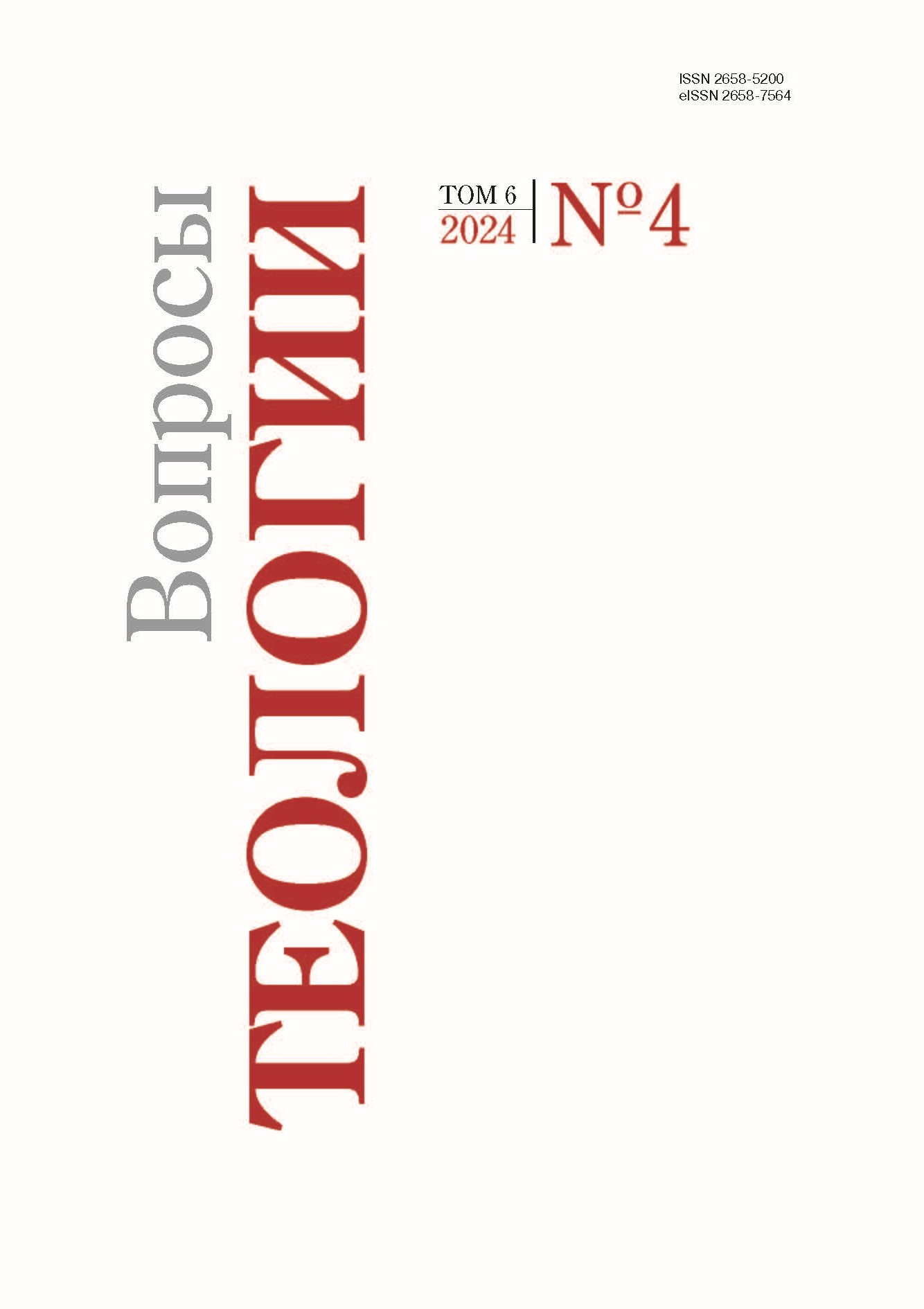The fall of angels as the cause of death of animals in theistic evolutionism
DOI:
https://doi.org/10.21638/spbu28.2024.405Abstract
According to the Book of Genesis, man acquired a mortal body as a result of the fall of Adam and Eve, but the Bible leaves open the question of the origin of suffering and death of animals. Since natural evil does not correspond to God’s omnipotence, theologians have put forward several explanations for its appearance. First of all, alterism, which claims that there was another universe, and natural evil arose because of its concealment or destruction. The second interpretation is classical the istic evolutionism, which considers natural evil to be an inevitable side effect of creation. There is also a lesser — known point of view, according to which the cause of suffering and death is the rebellion of angels. Although the Book of Genesis does not explicitly speak about the intervention of angels in creation, the prerequisites for such a view are found in later biblical and patristic texts. The New Testament points to the relationship between the angelic and our world, and in the view of some saints, God controls the universe through intermediaries. If such intermediaries rebelled, their downfall could lead to pathological ignorance of the world soul and earthly souls about God’s plan and the appearance of weak bodies that do not provide control over the passive states. Adam and Eve inherited this weakness and returned to their former state after the fall. To explain why the Lord has not yet corrected the natural evil, the author puts forward the concept of irreversible damage to the world and the need for its gradual improvement. At the end, answers to any objections that may arise are also given.
Keywords:
natural evil, Christian panpsychism, angels, the world soul, theodicy, devil, theistic evolutionism
Downloads
References
References
Downloads
Published
Issue
Section
License
Articles of "Issues of Theology" are open access distributed under the terms of the License Agreement with Saint Petersburg State University, which permits to the authors unrestricted distribution and self-archiving free of charge.




